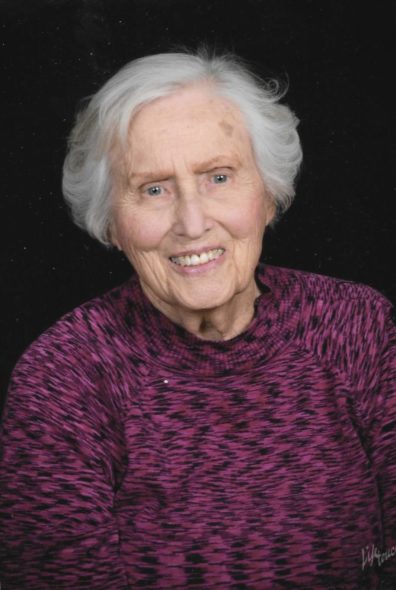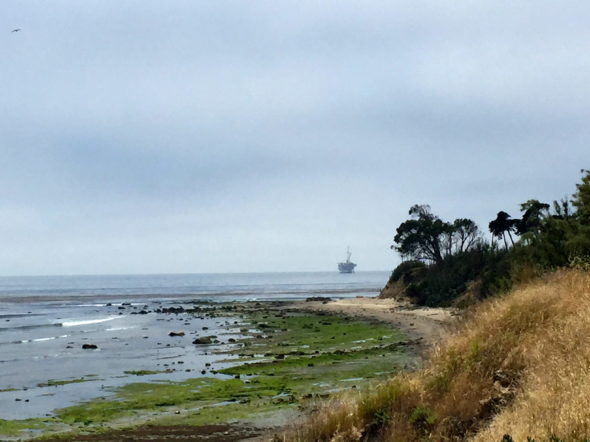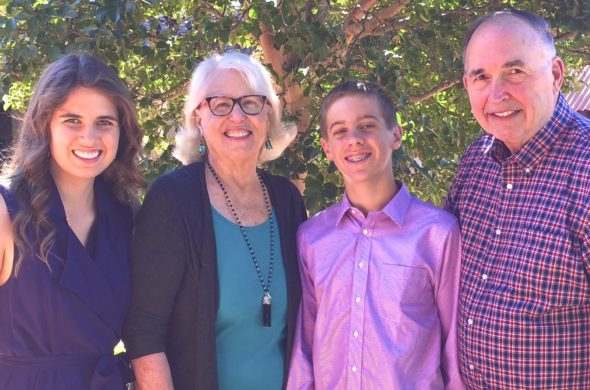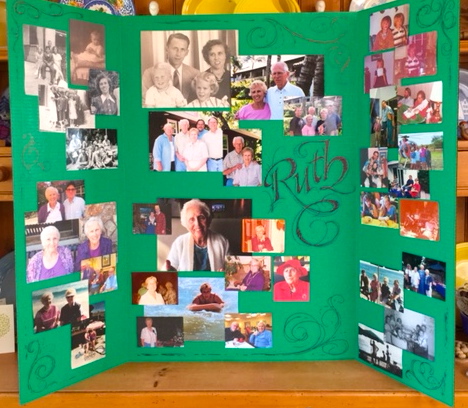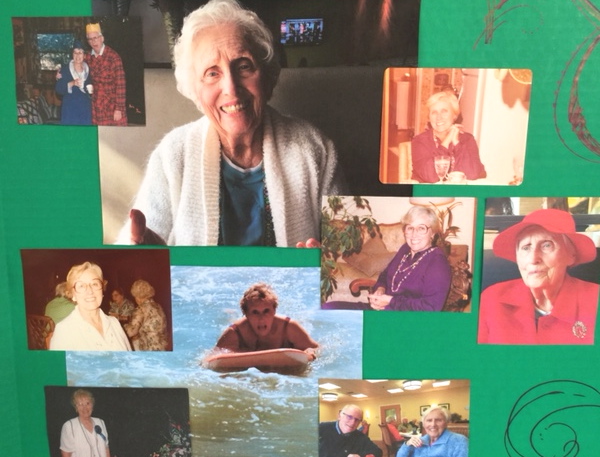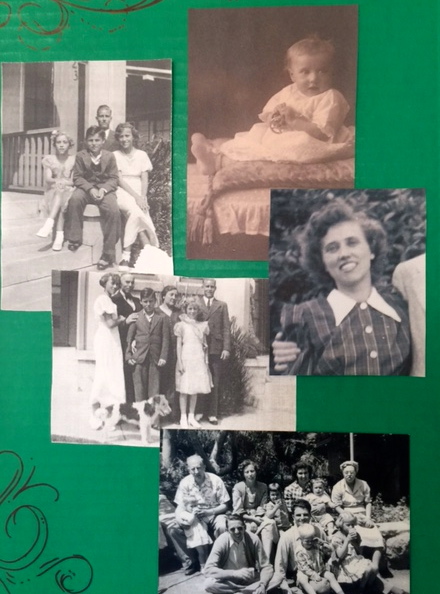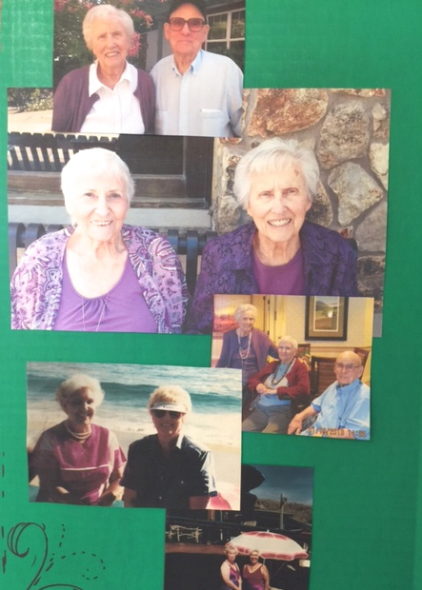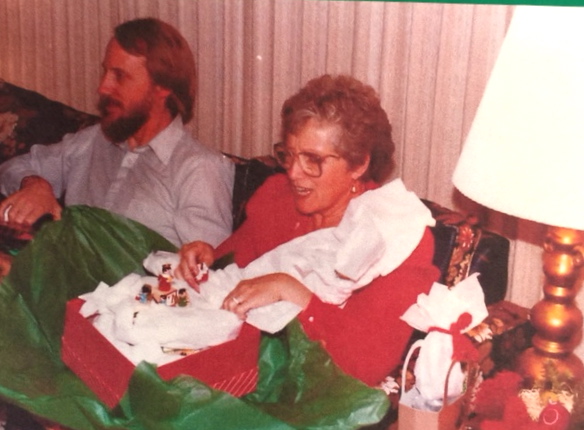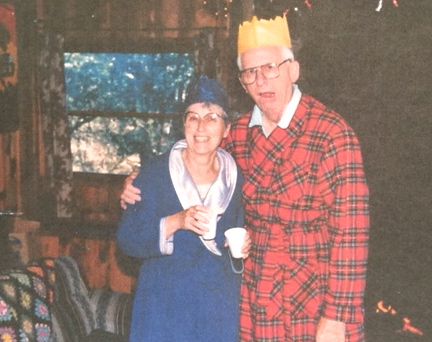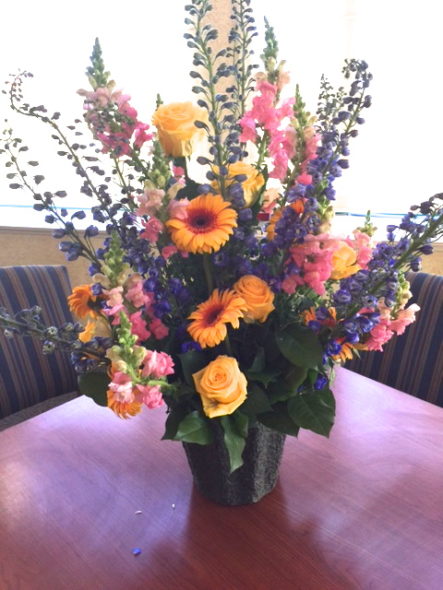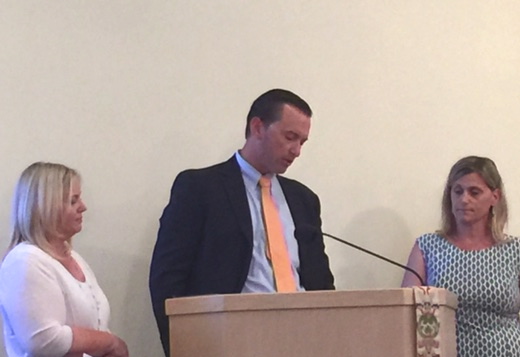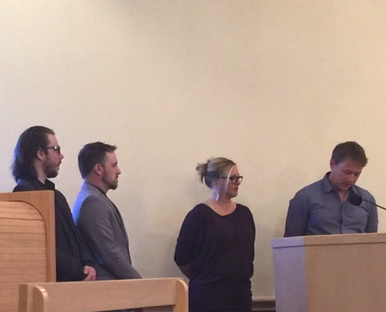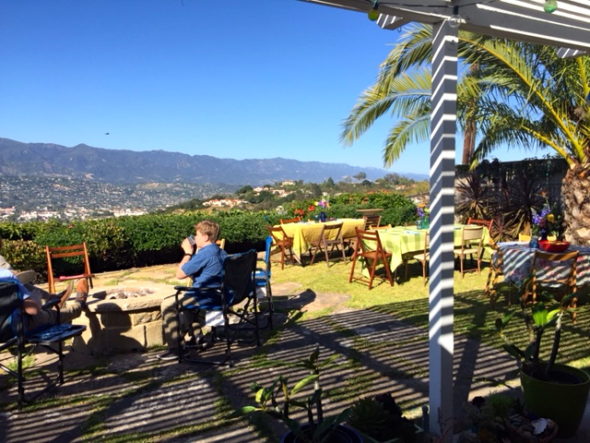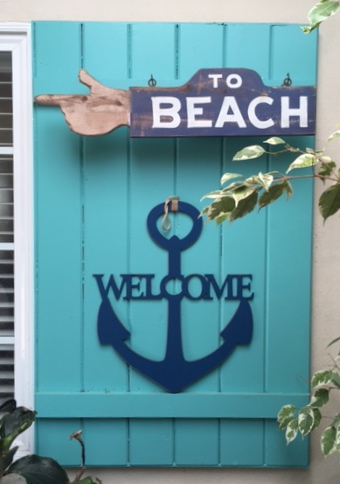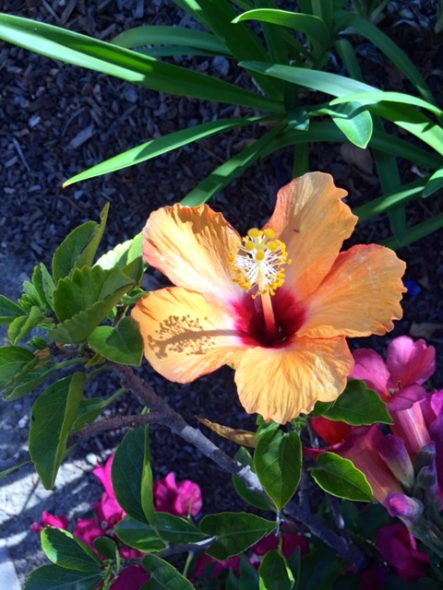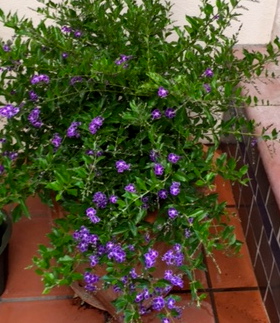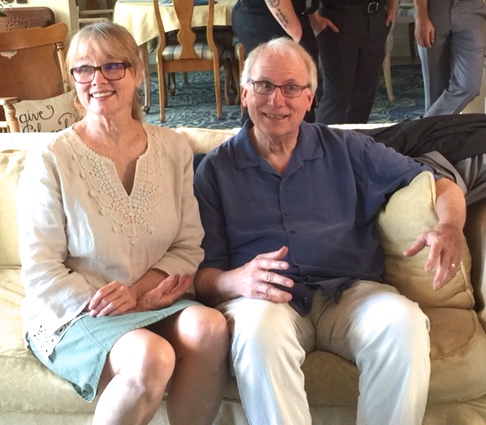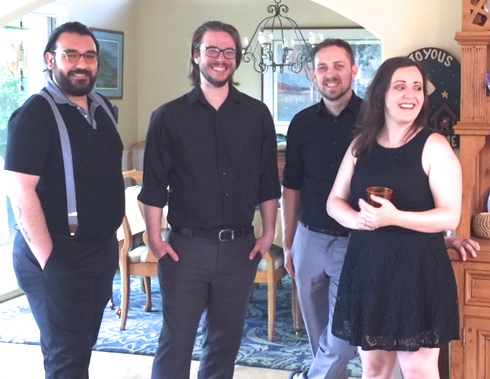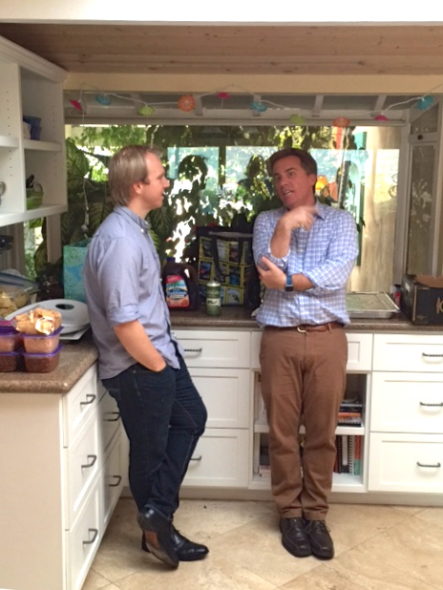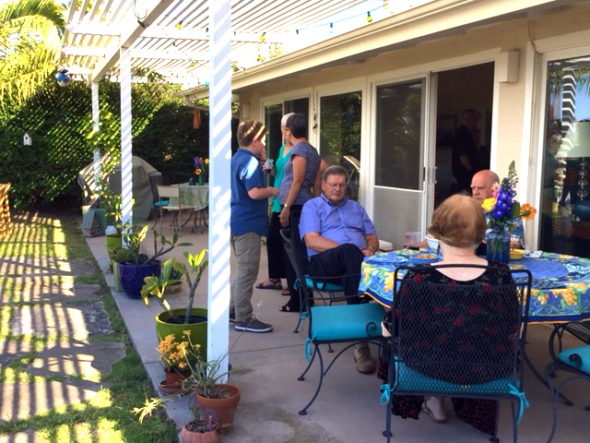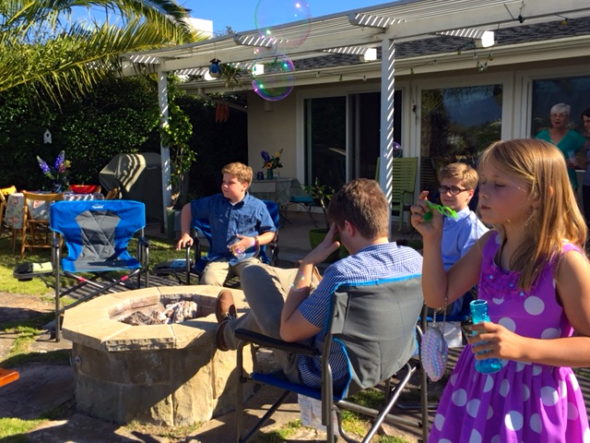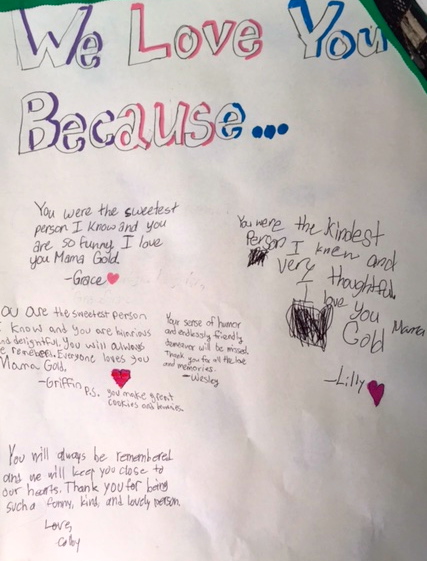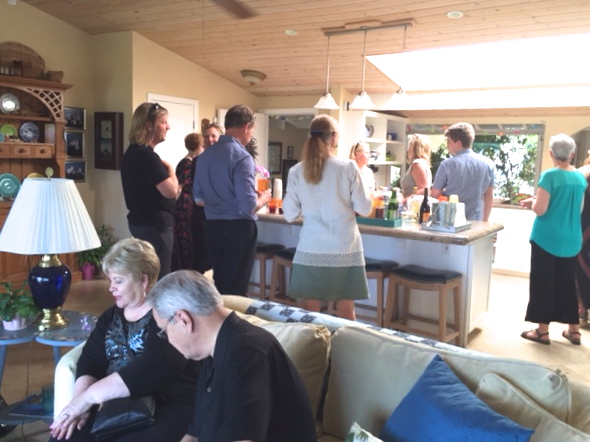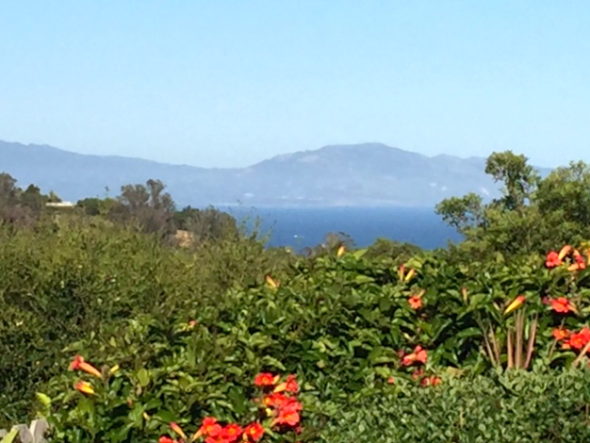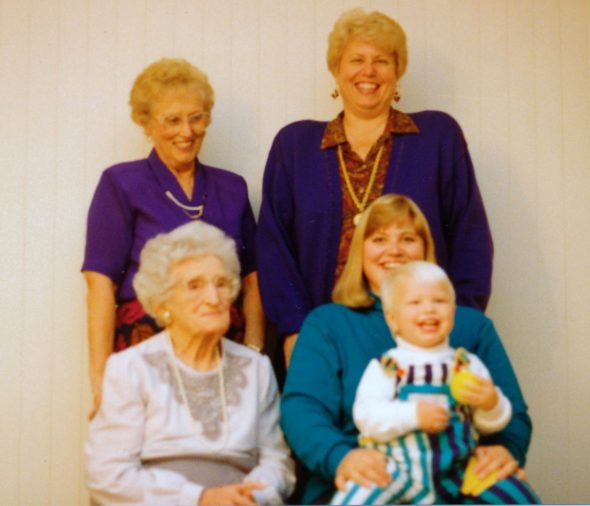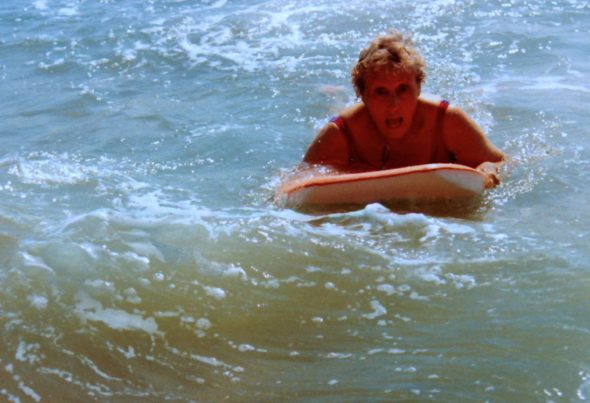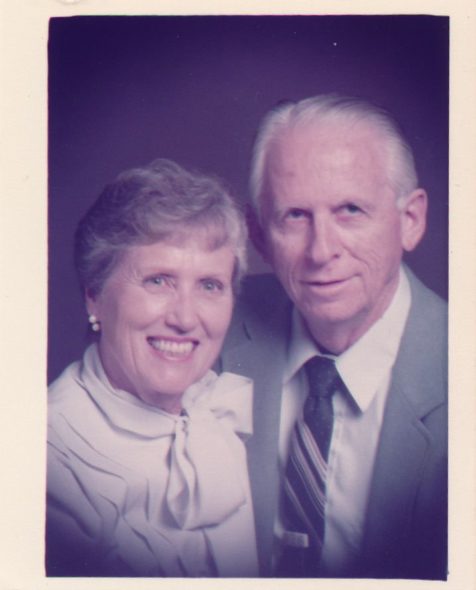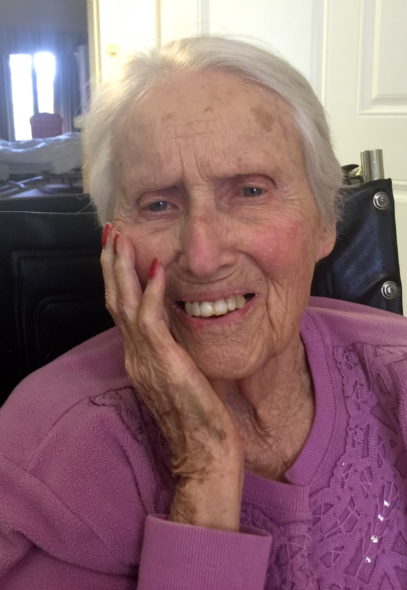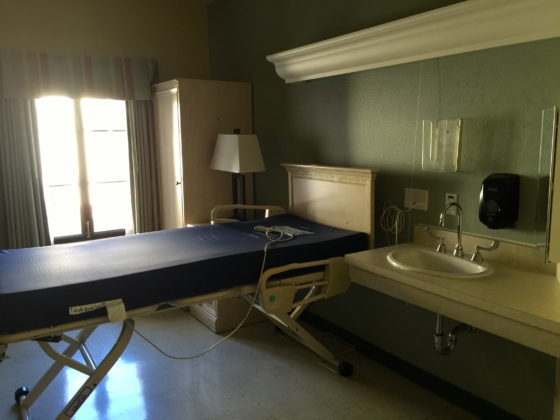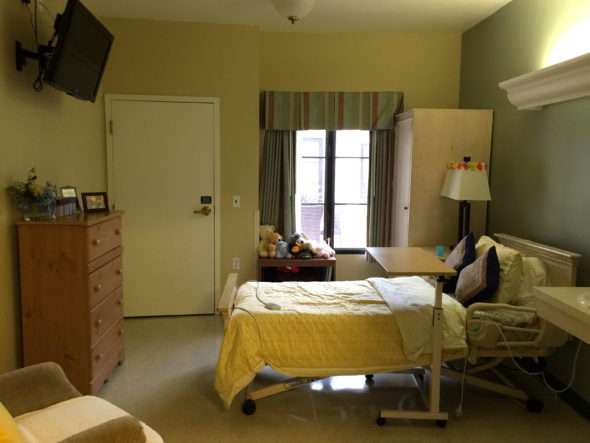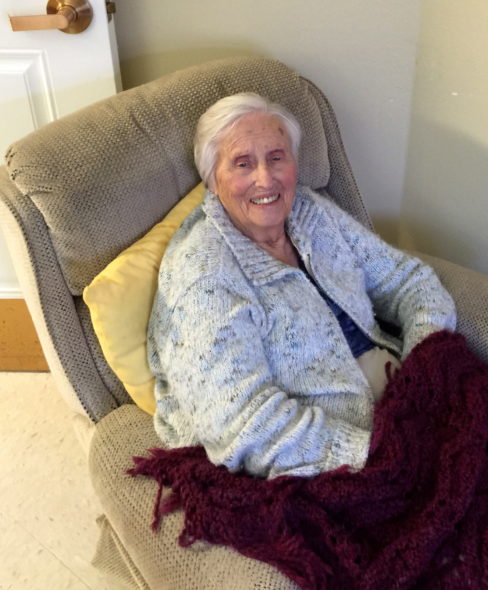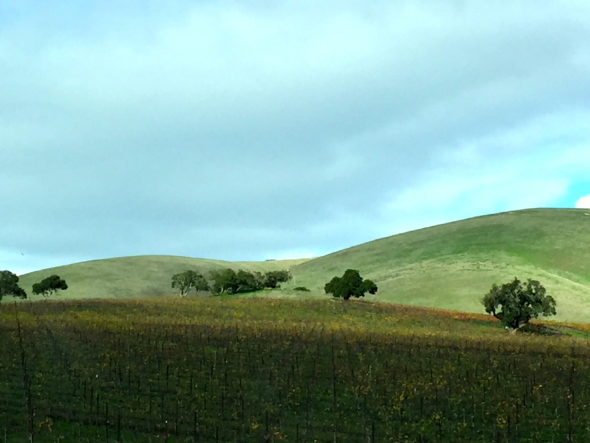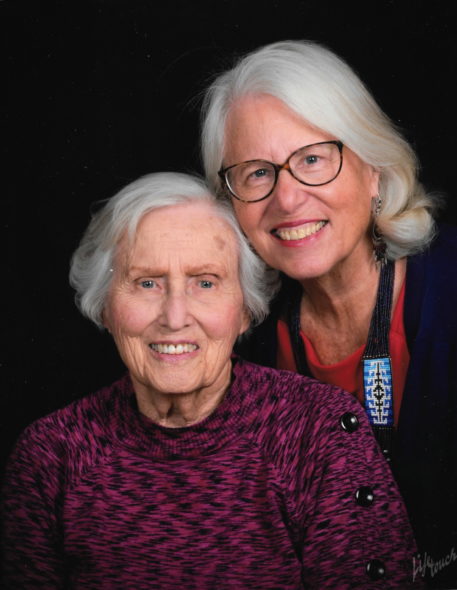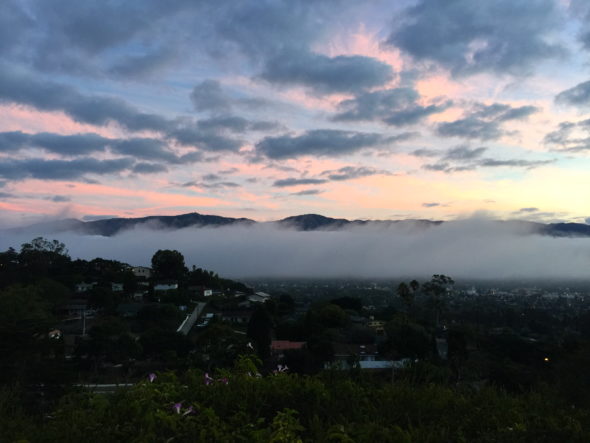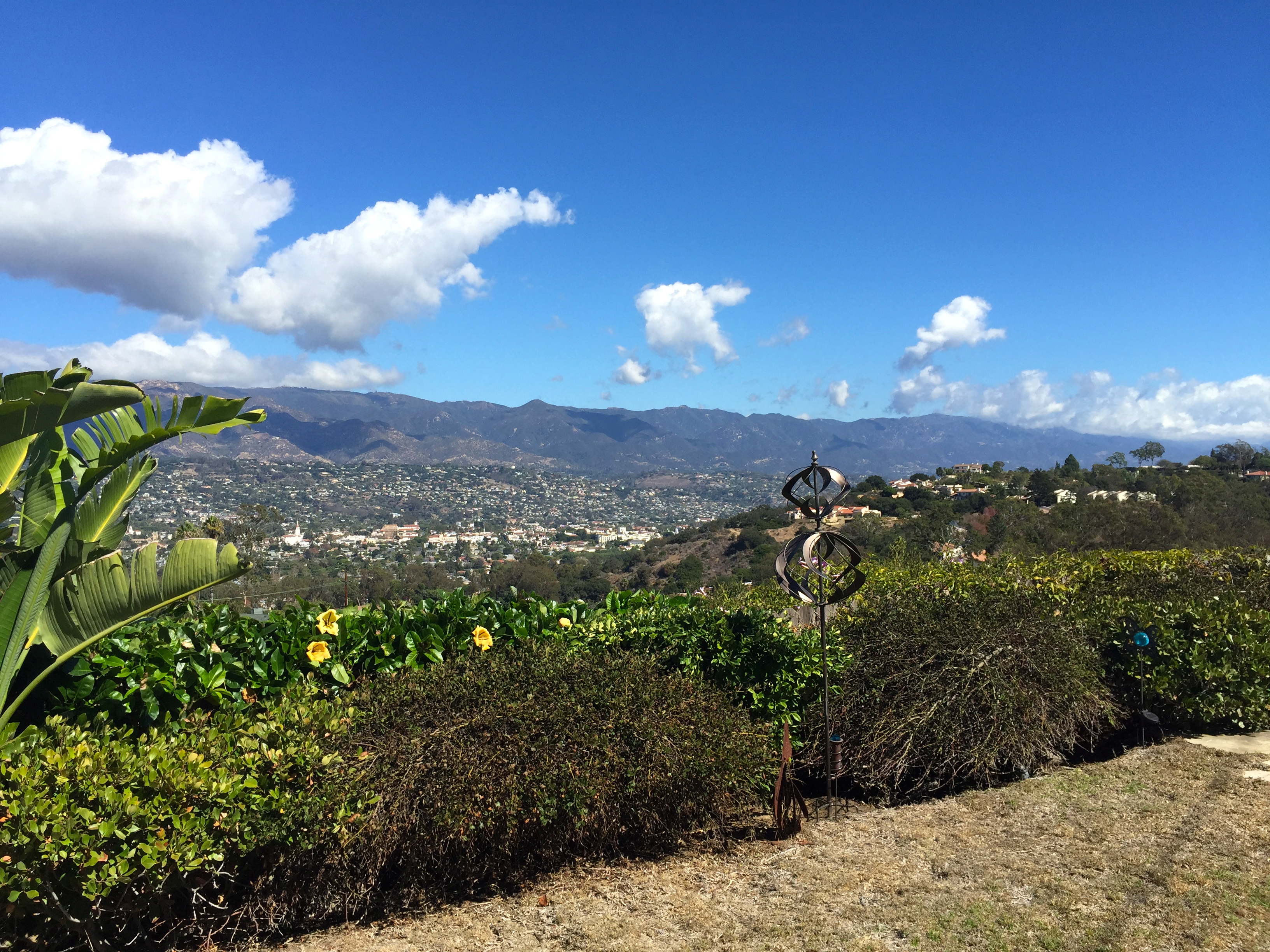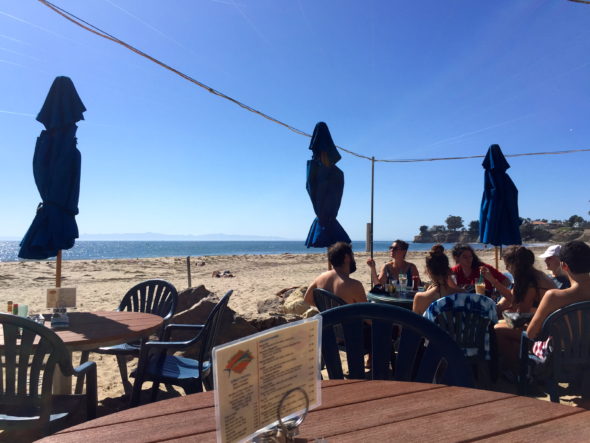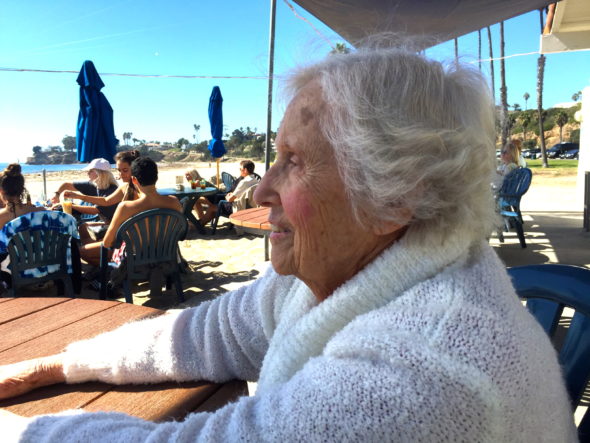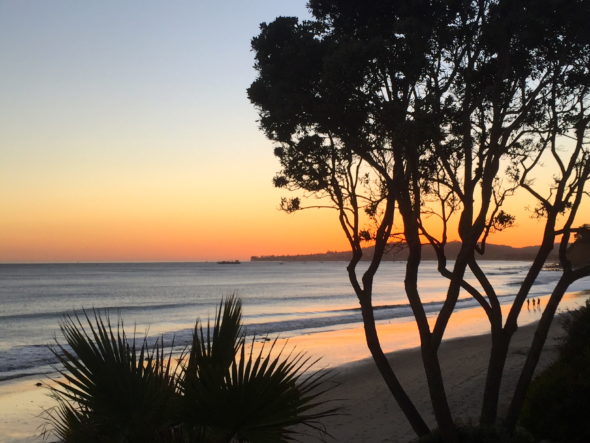They tell me there was snow on our mountains for about five minutes this morning. I never saw it, but I believe it was there.
I know in my head that my mother has been gone for exactly one year today, but my heart does not yet fully comprehend this truth.. It seems I am able to believe in the snow without ever seeing it, but unable to wrap my head around tangible things right in front of my face, like a clock or a calendar.
Even though it is the way of things, even though death comes to every one of us at some point along the journey, even though my mother’s death was, in many ways, the very best way for death to happen, this losing a much-loved mother is hard and it is painful. At times, it still feels strange, unnatural and weirdly disorienting. Tears spring at the oddest times. Some small piece of decor or clothing will catch my eye and I realize I am smiling sadly, even nodding slightly, as if offering a brief moment of homage to the force of nature who was my mom.
One year today.
We walked her last journey together, she and I, and it was not an easy one. I remember lovely sunlit moments along the way — sitting by the pool at her residential facility, each of us in a large sunhat, drinking in the ocean air, bird sound, and bright blooming vines that surrounded us. I remember laughter, her wonderful, rich laughter. I remember a smile as big as whatever room she was in, welcoming one and all. I remember how beautiful she was, even as age and disease slowly ravaged her.
I also remember deep confusion, the devastation when she no longer knew I was her daughter, her tears of frustration and of fear when she tried to make sense of something that was no longer within the sphere of her cognitive ability. I remember trips to the emergency room, her terror and embarrassment when strapped to a gurney she did not want or need. I remember deep bruises from falls, and the firm conviction that, ‘this is not my room, I’ve never been here before in my life.’ I remember a growing disconnection from things like seasons, days, time itself.
I also remember her leading my Brownie meetings, teaching my 11th grade Sunday School class, bending over her beautiful stitcheries, and I remember with glee her bawdy sense of humor. I was deeply aware of how thirsty she was to learn, to read, to discuss, to ponder and wonder and observe. I remember how feisty she could be — and how volatile!
I remember how much she worried over me. Oh, my, how she could worry!
Now, at this late stage of my own life, I know all of that was because of her deep love and concern for me, but then? Then, it felt suffocating, limiting, inhibiting. She worried over my height, my weight, the way I walked, the fact that I might be “too smart to ever catch a good man.” She dragged me to multiple dermatology clinics because of my dry and sensitive skin, she always wanted me to be ‘more social,’ and regularly encouraged me to invite classmates over to hang out. She also wanted me to enjoy athletics, something she was good at and I most definitely was not.
We found our way together, yes, we did. I was her first child — longed for and loved and cherished. As does every first-born, I bore the brunt of her inexperience and the leftover wounds of her own, sometimes chaotic, upbringing. But she was smart, my mom. And she was good. She learned from her mistakes, she apologized easily, she loved deeply and well. We found our way to one another during my adolescence by reading books together and writing each other notes about them. And we laughed. A lot.
We also shared a deep love of beauty, in all its permutations. Today, on this anniversary, and as my computer clock tells me it is now exactly 4:38 — the moment of her death, one year ago — I want to remember and reflect on that most of all. She was the embodiment of beauty in so many ways — in her face, surely. But even more so, in her spirit. Yes, she could be ugly, too. Aren’t we all? But the beauty of her is what I cling to now.
Gasping at a glorious sunset, tenderly arranging flowers for the dinner table, creating a cake or a sketch, looking for and finding the beauty of others, even eventually encouraging me to reach out past the boundaries she herself had always drawn around me, as a female child. She didn’t fully understand my call to ministry at midlife, but she supported it. She wept when I told her — through my own tears — that I never could have considered going to seminary if my husband didn’t make enough money for its cost to have no impact on any other person in our family. She wept because she knew that wacky belief came directly from her own fears and prejudices, her own false picture of what it means to be female in this world.
My mother learned. And she kept on learning, right up until dementia moved in to stay. And while she learned, she continued to love us all so very well. I thank God for her every day of my life. And I thank you, my dearest Mom. I miss you more than words can say.

